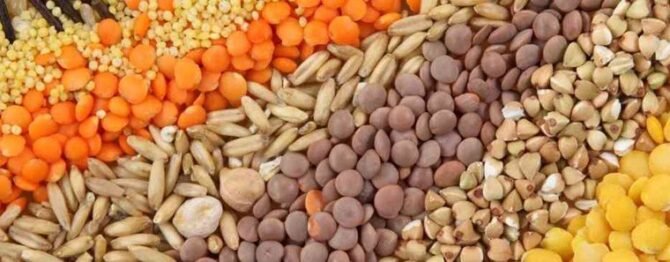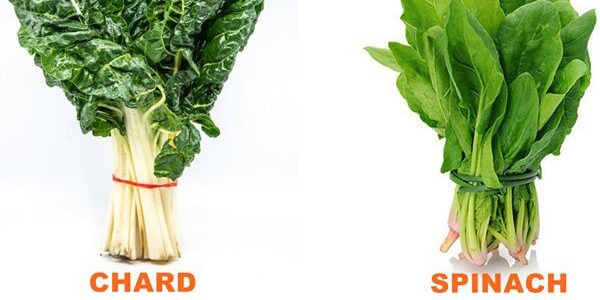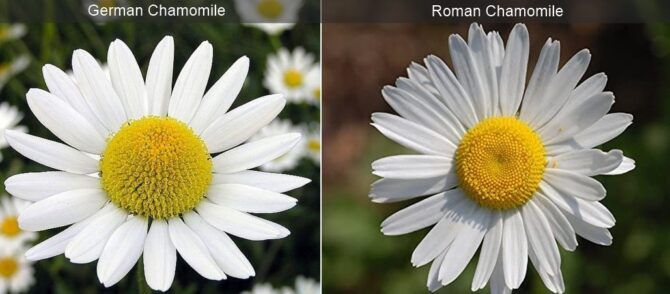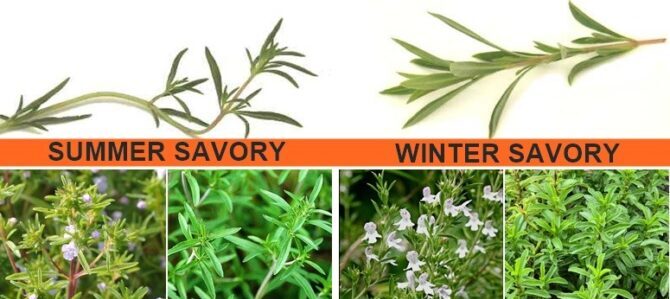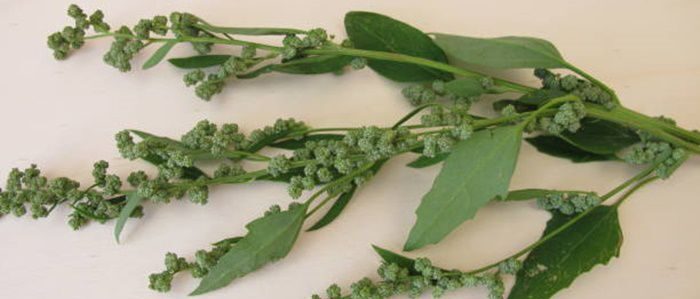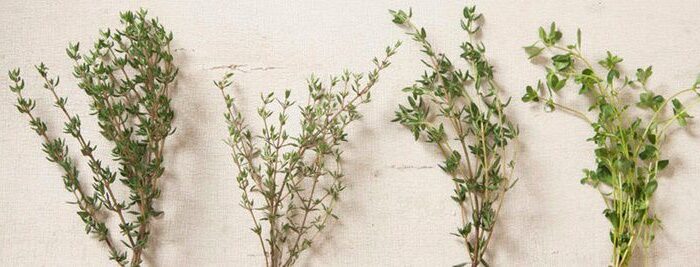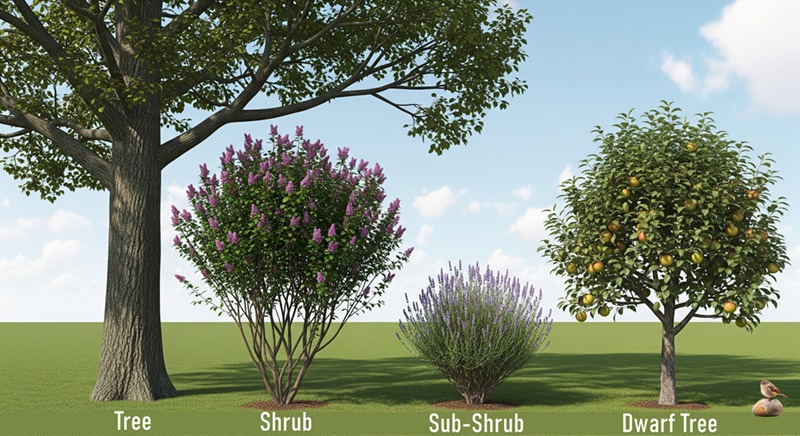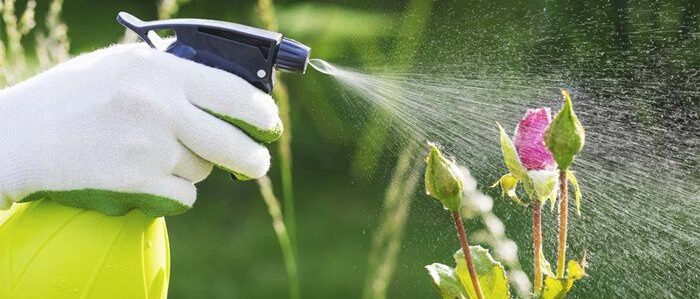Gardening Tips
Seed Types Explained
There are many different seed types or terms, which can be quite confusing when buying seeds or plants. Terms such as Organic Seeds, Heirloom Seeds, GMO Seeds, Hybrid Seeds, Open Pollinated seeds and so on. In this article, we explain the differences between the various seed types.
At Seeds and Plants we sell seeds from external suppliers as well as seeds harvested from our own plants. Not all the seeds that we sell from external suppliers are organic. However, the seeds harvested from our own plants and which we do sell on this website, are 100% organic, open-pollinated and untreated. We also do not sell GMO Seeds at all.
Seed Types Explained
- Organic Seeds – Whether or not a plant is organic depends on its growing conditions. For a seed to be organic, the plant it came from must have been grown organically, meaning no synthetic fertilizers, pesticides, weed control or genetically engineered seeds and materials. The seeds must also not be treated with any chemicals after harvest. If you are using 100% organic gardening methods, then your plants and their seed will be 100% organic. At Seeds and Plants, we only use natural fertilizers such as Comfrey tea and for pest control we make use of companion planting and Neem oil. If a particular seed has been harvested from our own plants, then this fact will be clearly stated on the product page of this website, indicating that the product is organic. Organic Seeds can be saved and grown the following year.
- Non-Organic or Conventional Seeds – Whether or not a plant is organic depends on its growing conditions. Non-Organic or Conventional Seeds are harvested from plants that have been grown using synthetic fertilizers, pesticides or weed control. After the harvest the seeds are often treated with anti-fungal and anti-bacterial chemicals prior to packaging. Non-Organic Seeds can be saved and grown the following year, if they are not Hybrid seeds or GMO Seeds.
- Heirloom Seeds – Heirlooms are open-pollinated seed varieties passed down over the years and come from plant varieties that are at least 50 years old. Some heirloom seeds or plants are organic, but not all heirloom seeds or plants are organic. Whether or not a plant is organic depends on its growing conditions. Heirloom seeds will remain heirloom varieties regardless of whether they are grown under organic or inorganic conditions. Heirloom seeds can be saved and grown the following year and will regrow the same plant each time.
- Open-pollinated Seeds – Open-pollination is when pollination occurs by insect, bird, wind, humans, or other natural mechanisms. Seeds produced by open-pollination create plants consistently or true to type which means similar to the parent plant, as long as pollen is not shared between different varieties within the same species. Open-pollinated Seeds can be saved and grown the following year and will regrow the same plant each time.
- Hybrid Seeds – Hybrid seed is produced by manually cross-pollinating different varieties within the same species. Hybrids are bred to improve the characteristics of the plants, such as particular disease resistance, flavor, habits, color and vigor. Hybrid seed can be saved, but the plants will revert back to one of the parent plants. Therefore, new seed should be purchased for each planting. Being a hybrid seed does not mean that these plants are genetically engineered.
- GMO Seeds – A Genetically Modified Organism (GMO) is an organism in which the genetic material of one species is artificially implanted into the DNA of another species. GMO seeds are highly resistant to bugs, frost, disease, and drought. GMO seeds can be saved and replanted, but the plants may not be true to their parent plant, because the harvested seeds will not uniformly contain all of the desired genetic traits of the original seed. Therefore, new seed should be purchased for each planting.
- Non-GMO Seeds – Non-GMO Seeds are seeds that have not been genetically modified. All Organic seeds are Non-GMO Seeds. Non-GMO seeds also include Heirloom Seeds, Hybrid Seeds and Open-pollinated Seeds. It can also include Non-Organic or Conventional Seeds that have not been genetically modified.
- Pelleted Seeds – Pelleted Seeds are coated with a clay-like material, creating uniformity in size. Some very small and difficult to germinate seeds can be found in a pelleted form. This helps when planting because the pellet is much easier to see, handle, and plant. It also speeds up the germination process, because once watered, the clay-like coating keeps the seed consistently moist until it sprouts.
- Treated Seeds – Treated seeds are coated with some type of fungicide, pesticide or chemical preservative to reduce the chance of rotting, to prevent them from being eaten by pests, fungus or bacteria in the soil and also to improve the shelf life of the seeds.
- Untreated or Raw Seeds – Untreated or raw seeds are harvested seeds that have only been dried in the sun or in the open air before storage. The seeds do not have any fungicide, pesticide or chemical coated onto them before they are sold or planted to produce crops.
Disclaimer
Medicinal Information:
All medicinal information on this website is for educational and informational purposes only and may not be construed as medical advice. The information is not intended to replace medical advice or treatment offered by healthcare professionals.
Seeds, Plants, Plant Cuttings, Geophytes and Dried Herbs:
In some countries and provinces, certain plants are deemed as invasive and are not allowed to be planted at all, whilst some plants are allowed to be grown only in certain areas or provinces. The onus is on you as the buyer to familiarize yourself with the regulations pertaining to your location, before purchasing any of our seeds, plants, plant cuttings, geophytes or dried herbs. We will not be held liable, should you purchase any seeds, plants, plant cuttings, geophytes or dried herbs. from us which are prohibited in your country or province.

